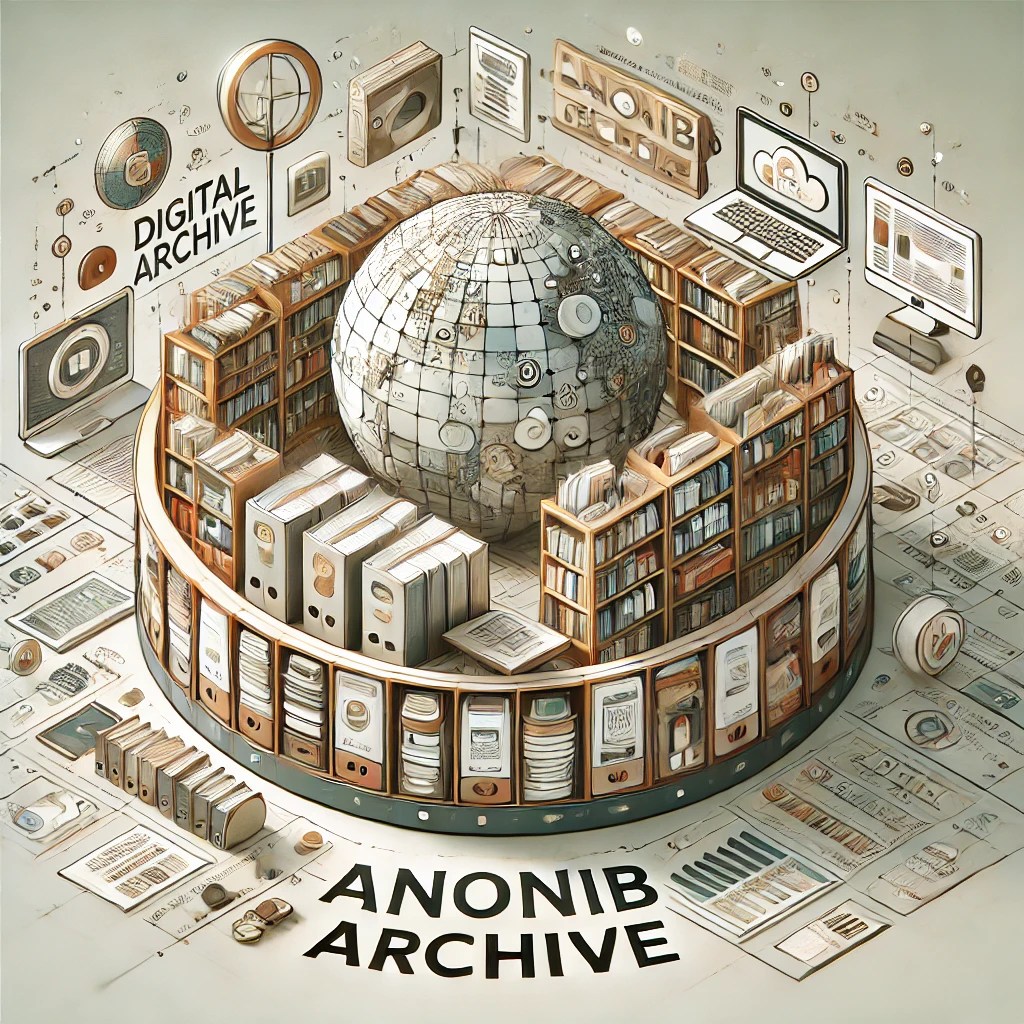In an increasingly interconnected world, where digital footprints are etched with every interaction, the concept of a perpetual online record has taken on new significance. The "anon IB archive," a blanket term often referring to the vast, persistent collections of content from anonymous imageboards and similar online communities, stands as a curious monument to the internet's early, often uninhibited, days. But beyond its historical curiosity, a critical question emerges: is this unexpurgated digital history a stark warning about our collective future online?
Editor's Note: Published on May 17, 2024. This article explores the facts and social context surrounding "is the anon ib archive a warning about our future".
Origins and Enduring Echoes of Digital Spaces
The genesis of what is broadly termed the "anon IB archive" lies in the proliferation of anonymous imageboards and forums from the early 2000s onwards. Platforms like 4chan, 8chan, and their numerous derivatives fostered environments where users could post and interact without the constraints of persistent identity. This anonymity, while empowering free expression, also frequently facilitated the dissemination of controversial, offensive, or otherwise problematic content. Due to the very nature of the internet's infrastructure and the tireless efforts of archiving enthusiasts, much of this ephemeral content did not truly disappear. Rather, it was scraped, mirrored, and stored in various digital repositories, creating an enduring, often searchable, record of past discussions and uploads.
"The internet never forgets, and the 'anon IB archive' is perhaps the most visceral proof of that axiom. What was once thought to be transient speech on anonymous boards now serves as a permanent, searchable historical record, challenging notions of digital ephemerality."
The Paradox of Anonymity and Indelible Traces
The core tension inherent in these archives revolves around the paradox of anonymity meeting digital permanence. Users often believed their contributions, made under the guise of an "anonymous" handle, would vanish with time, much like a whispered secret in a crowd. However, the architecture of the internet allows for the systematic collection and preservation of virtually all public-facing data. This means that posts, images, and conversations that were once considered fleeting now exist in searchable databases, accessible to researchers, law enforcement, or anyone with the determination to delve into these digital catacombs. The implications for individuals, even those who posted anonymously, are profound, as advanced techniques for de-anonymization continue to evolve, potentially linking past digital personas to real-world identities.

